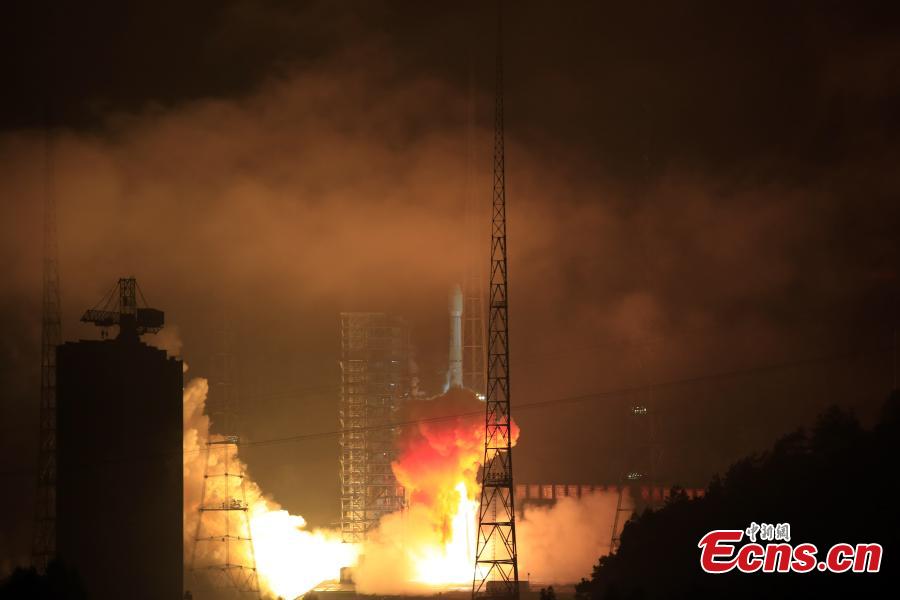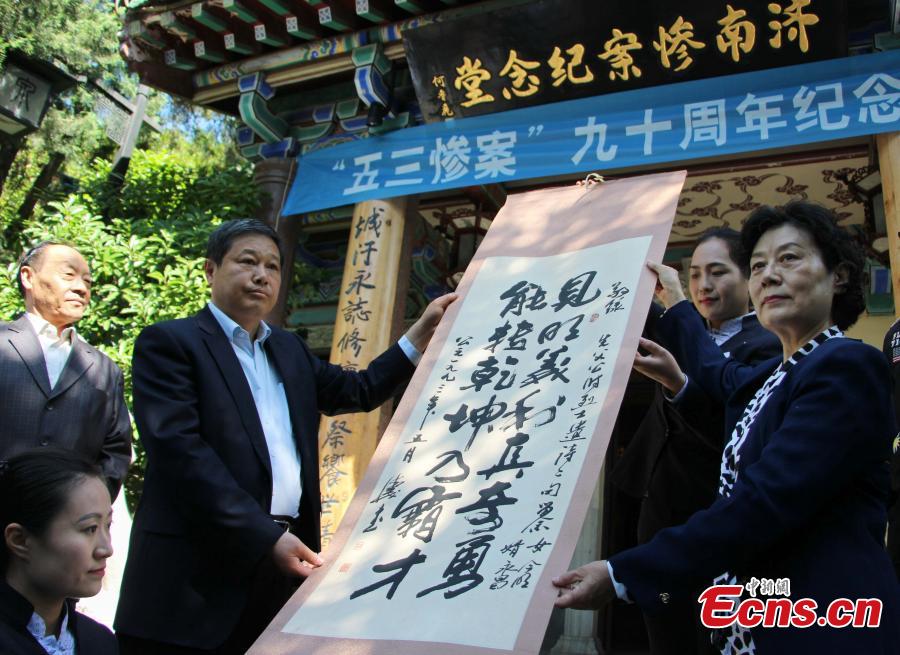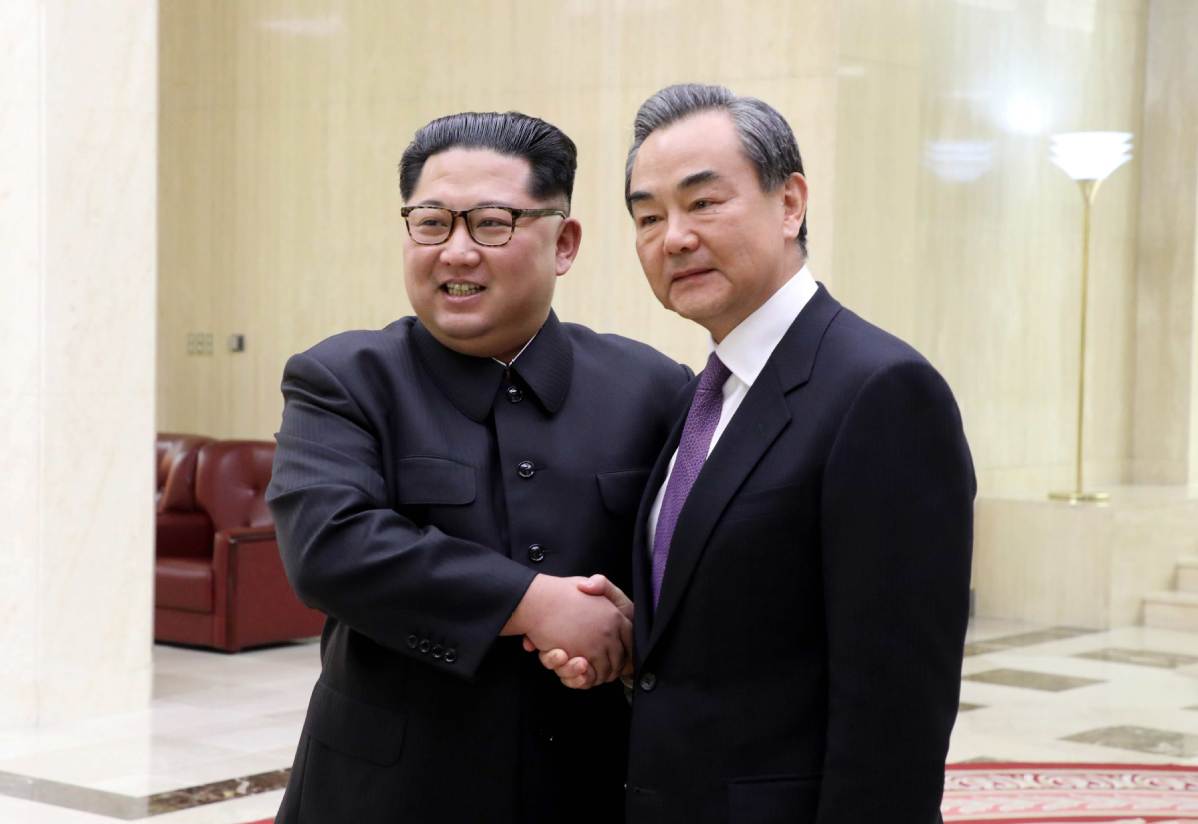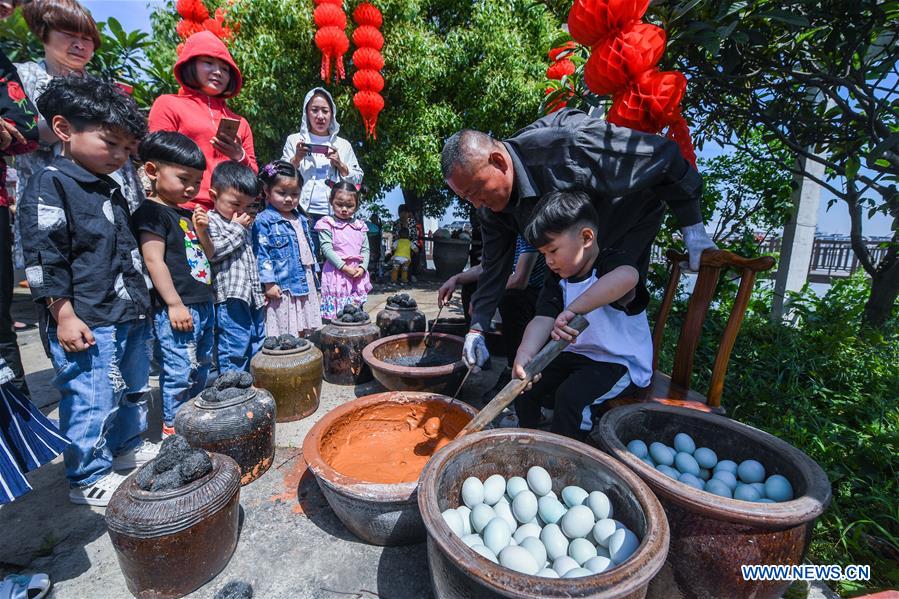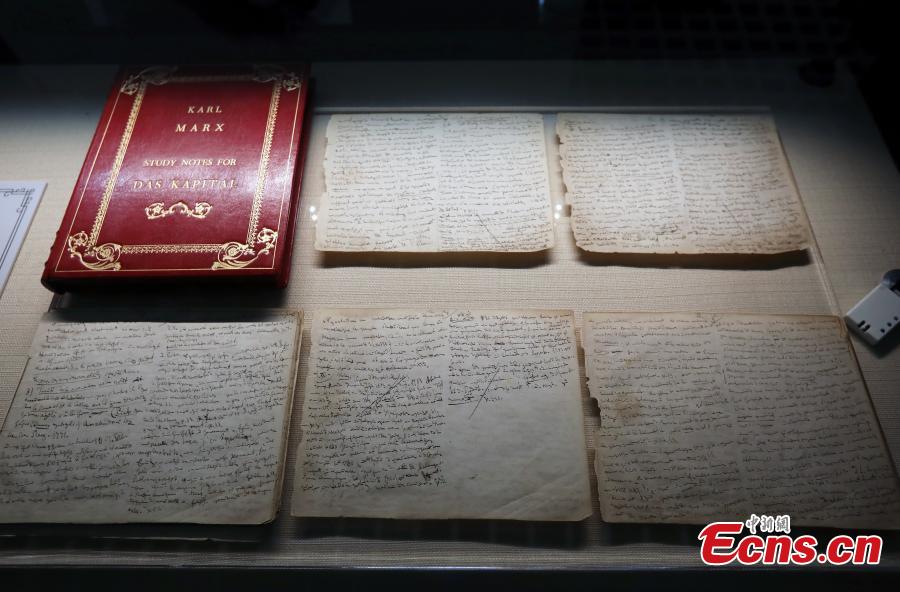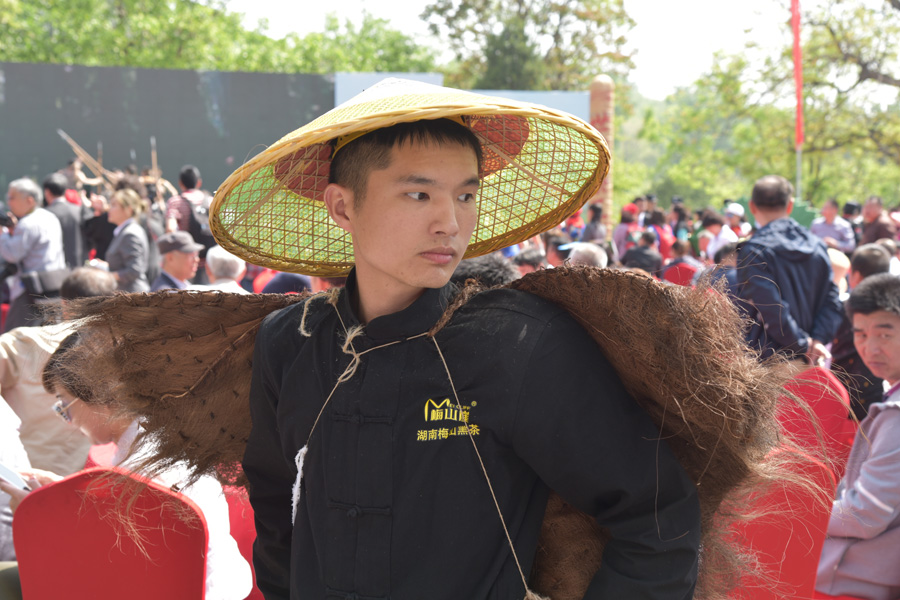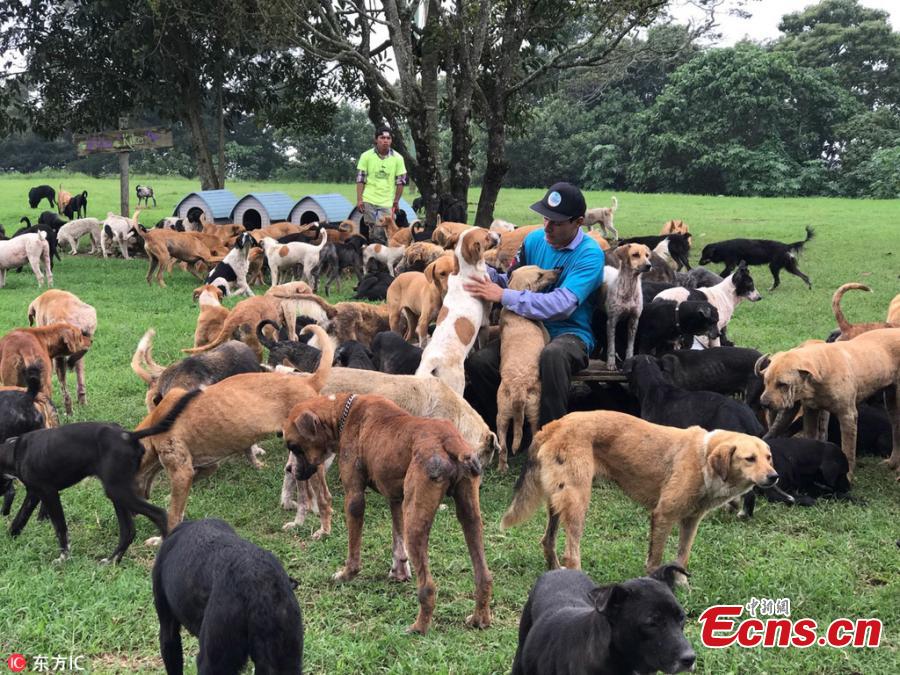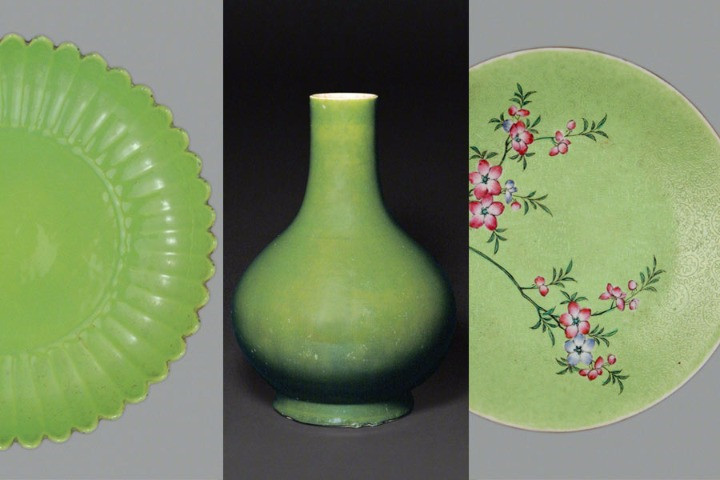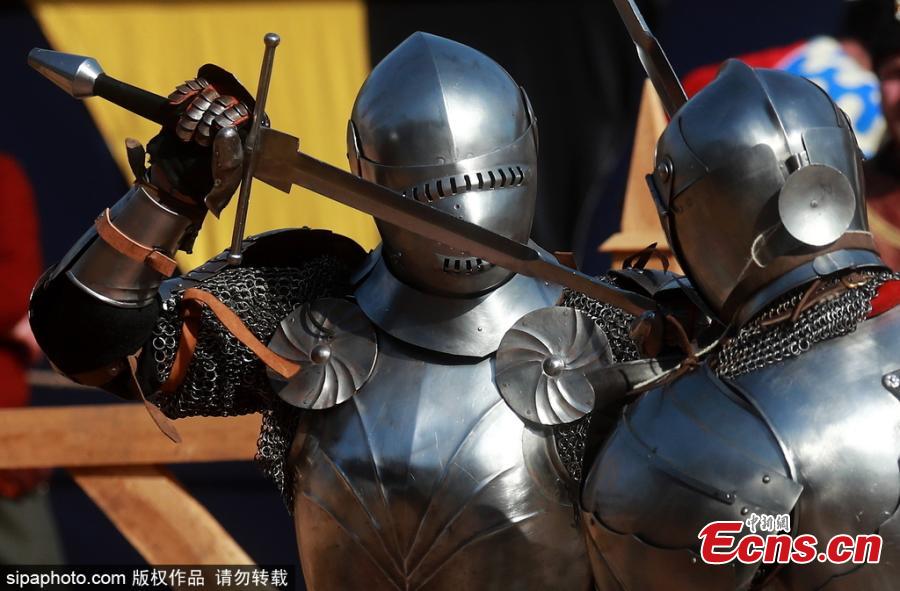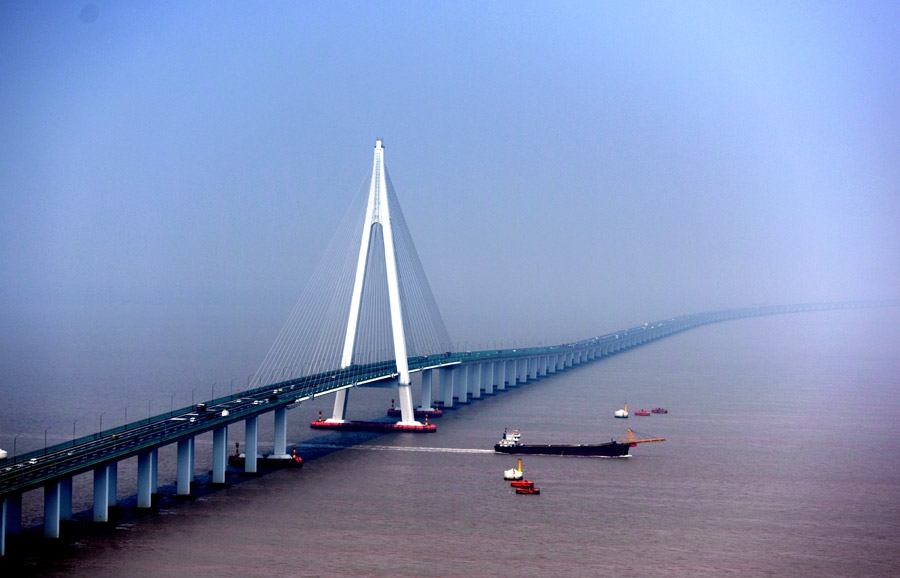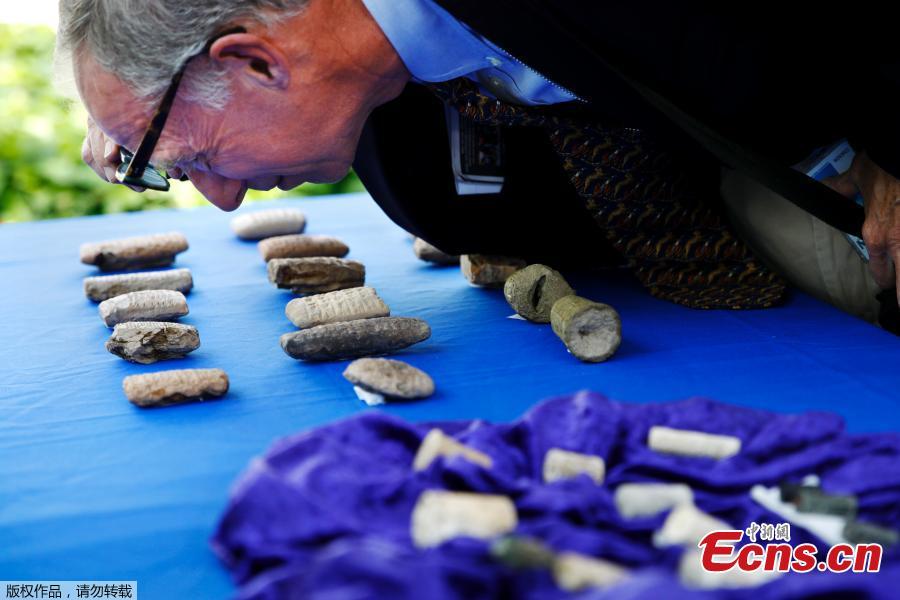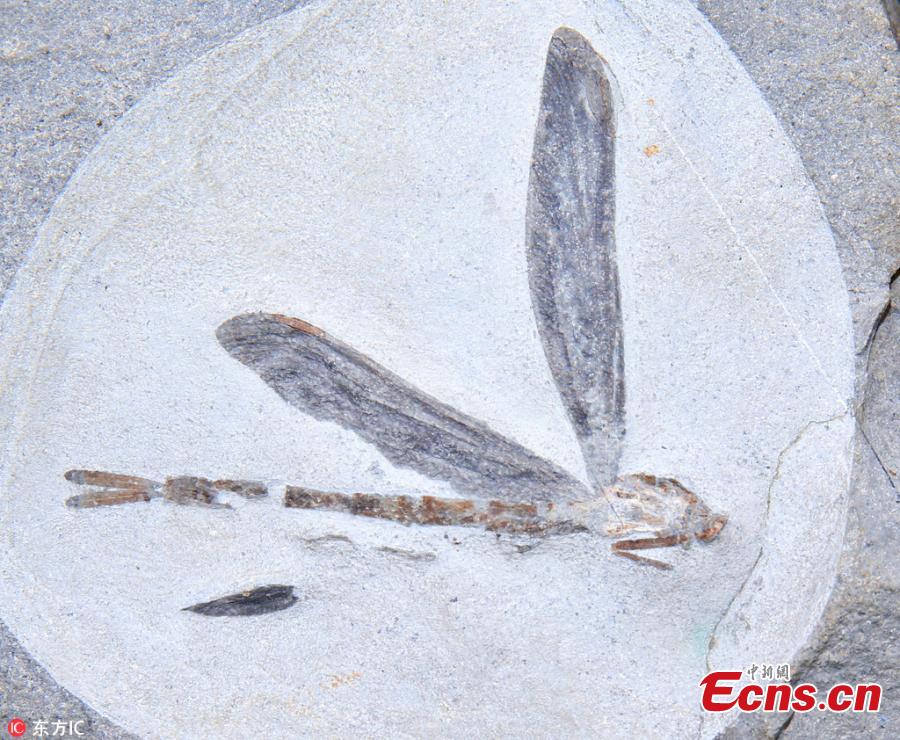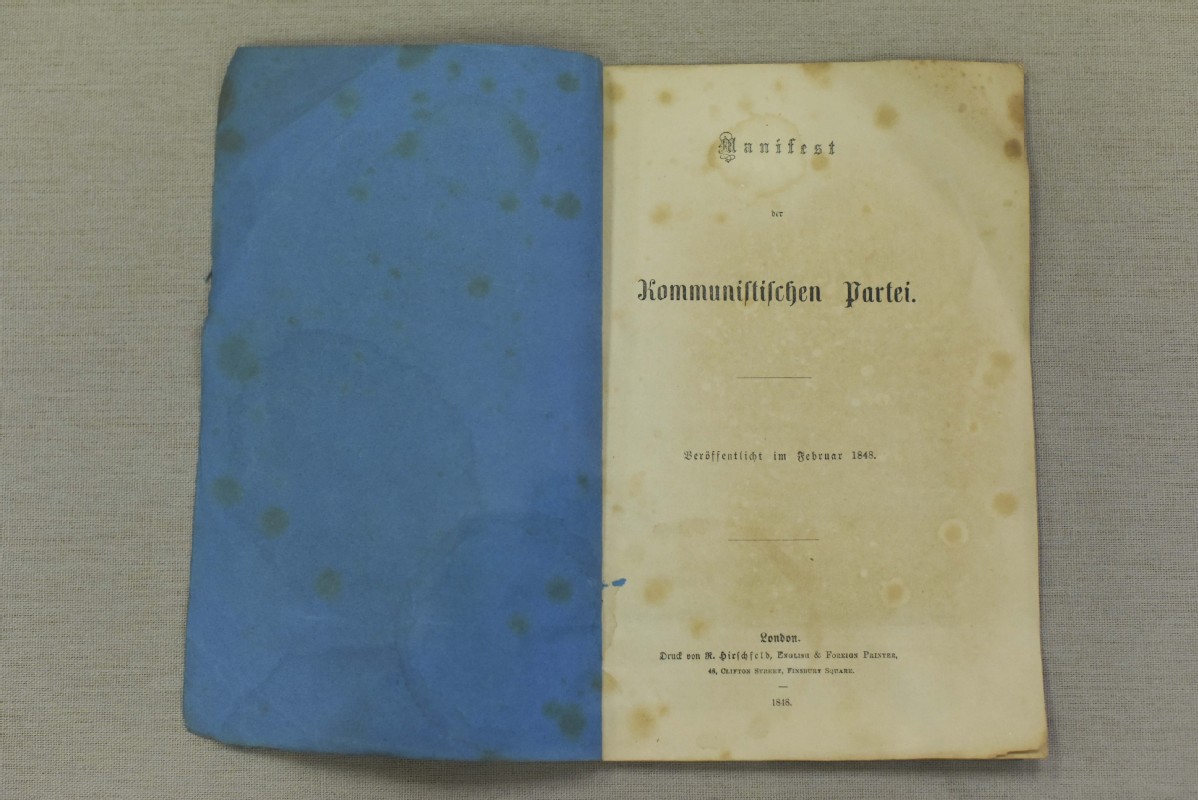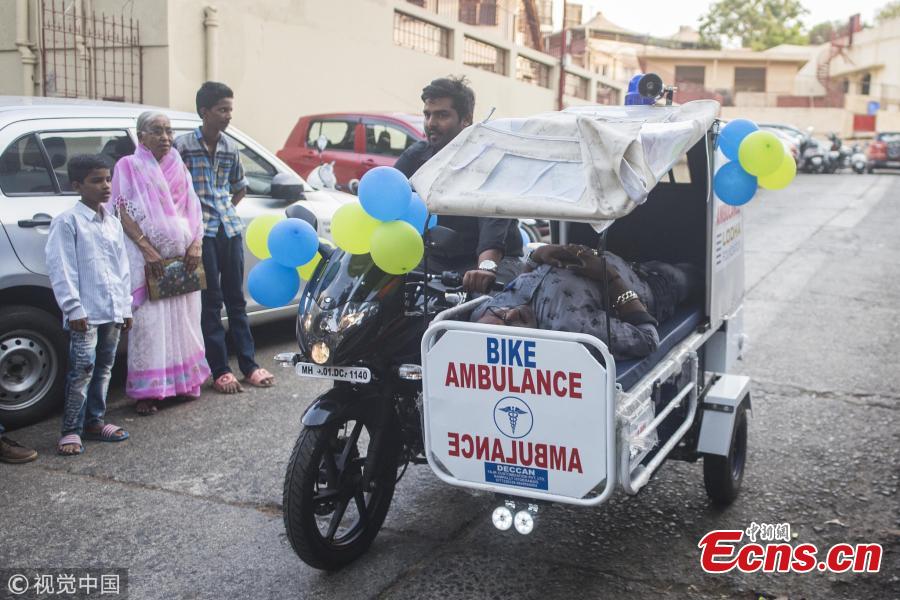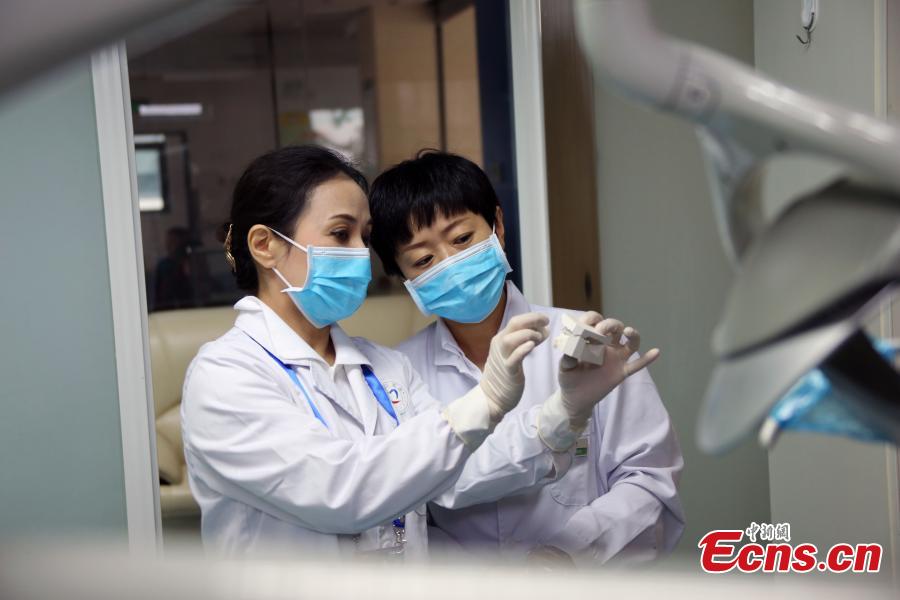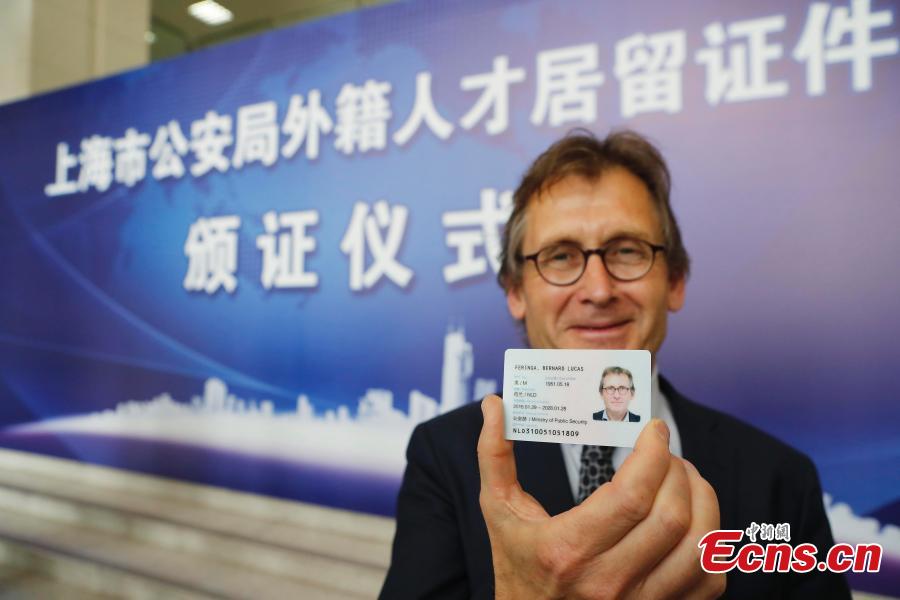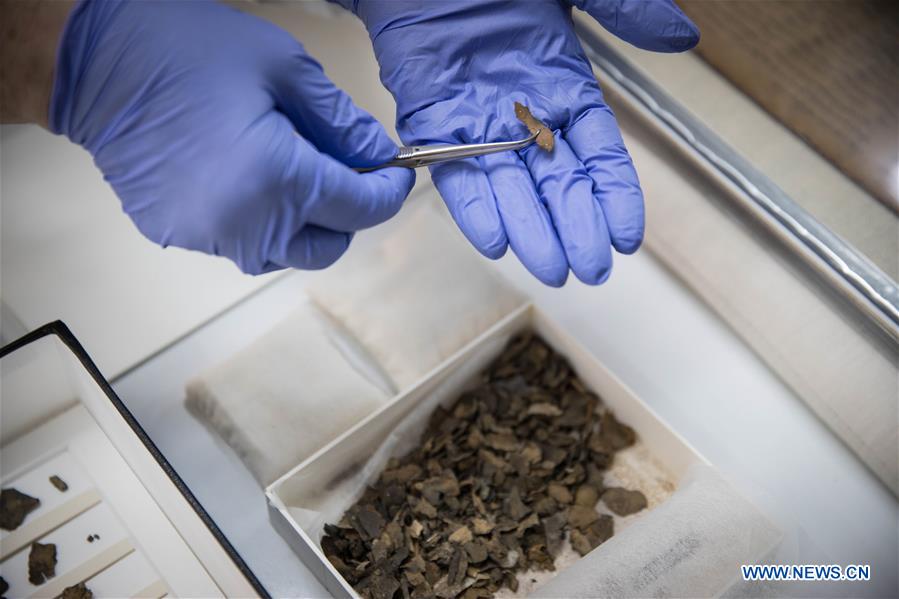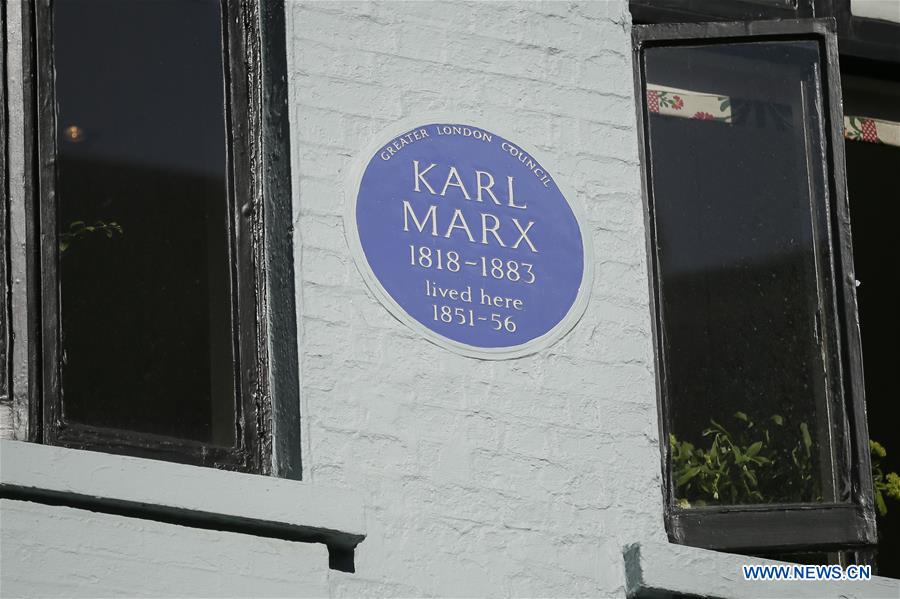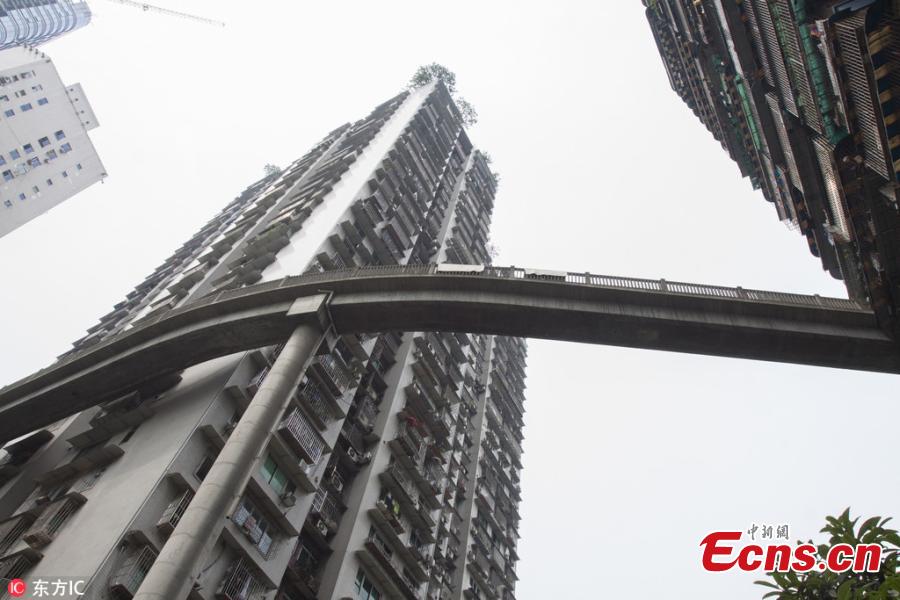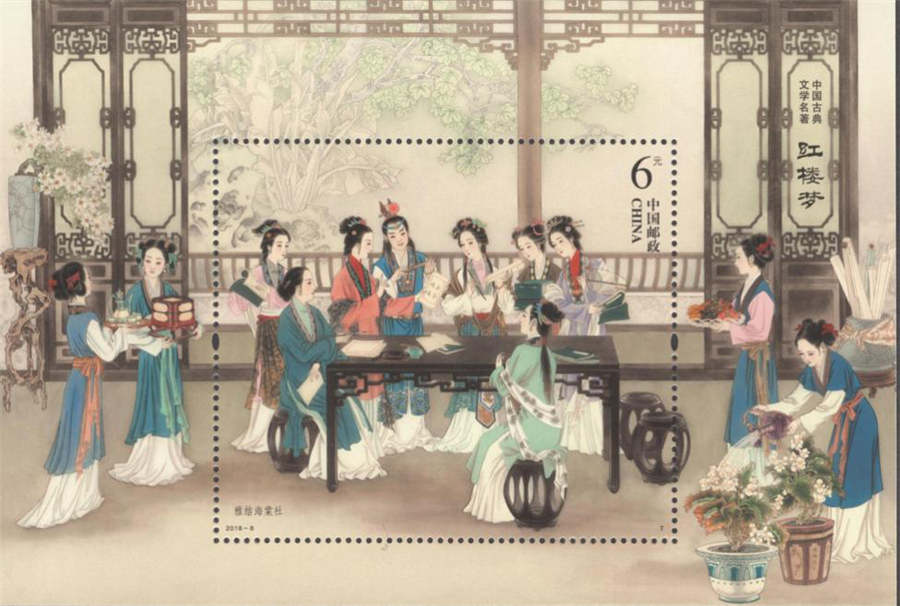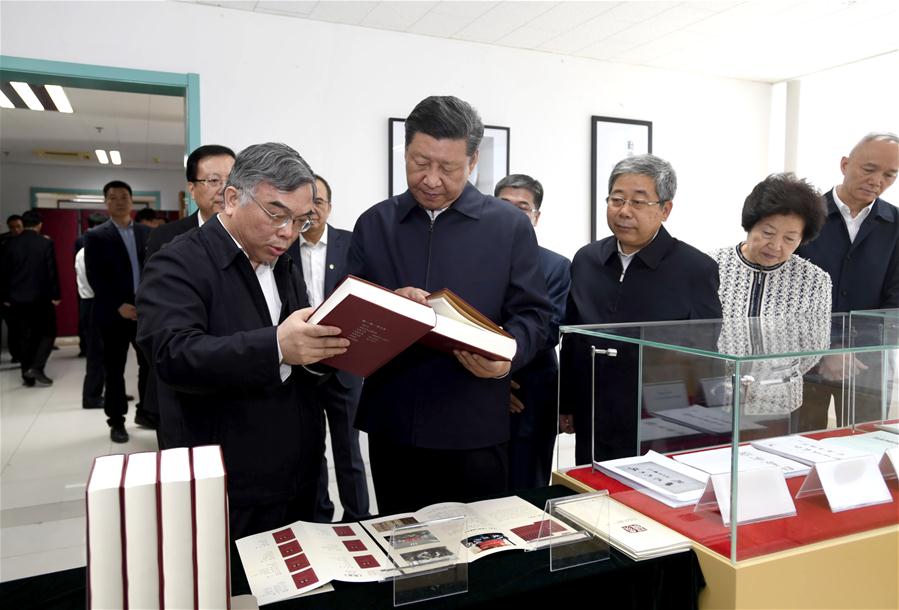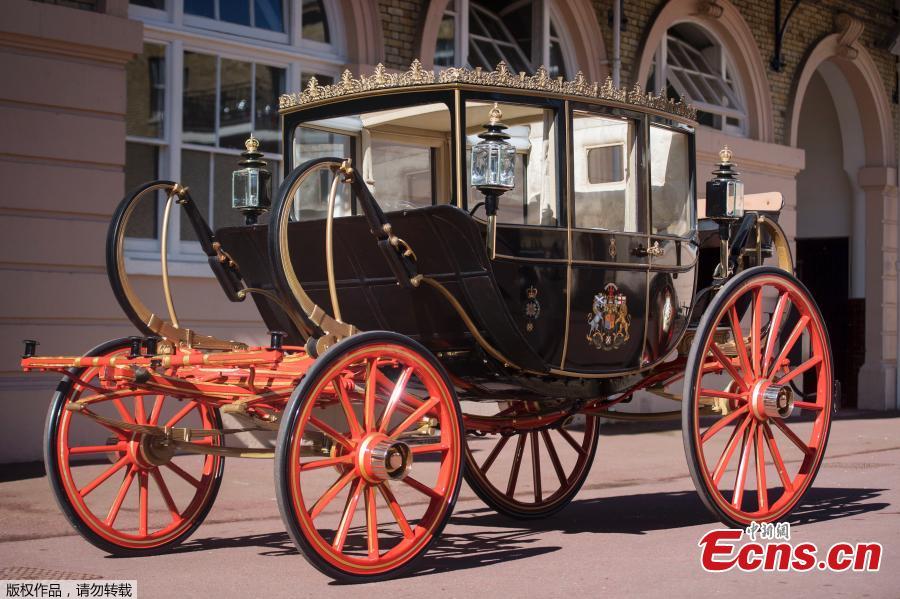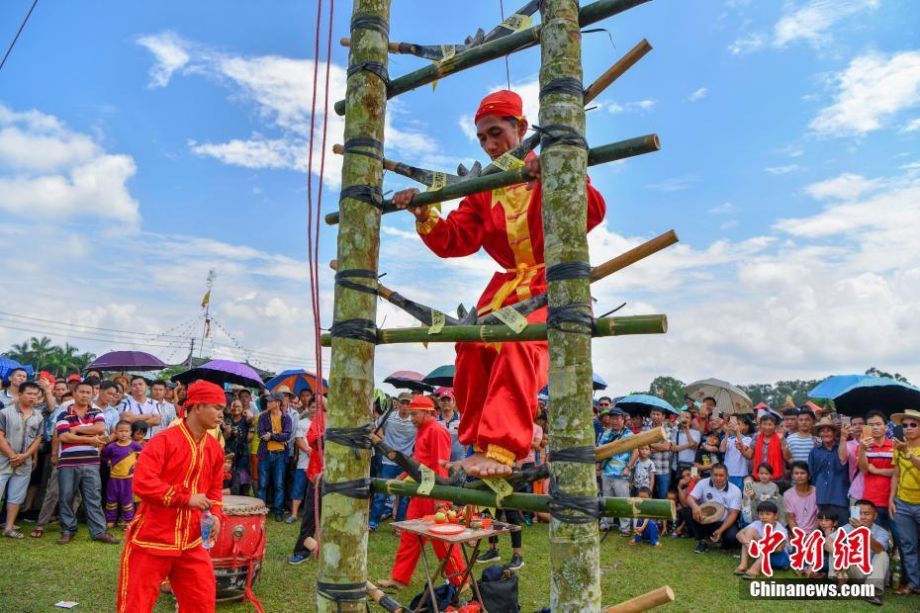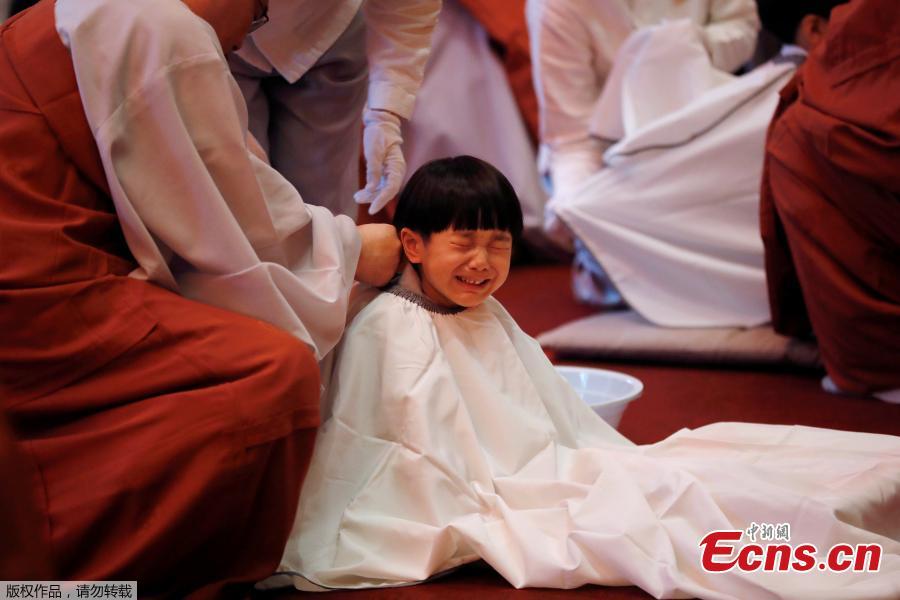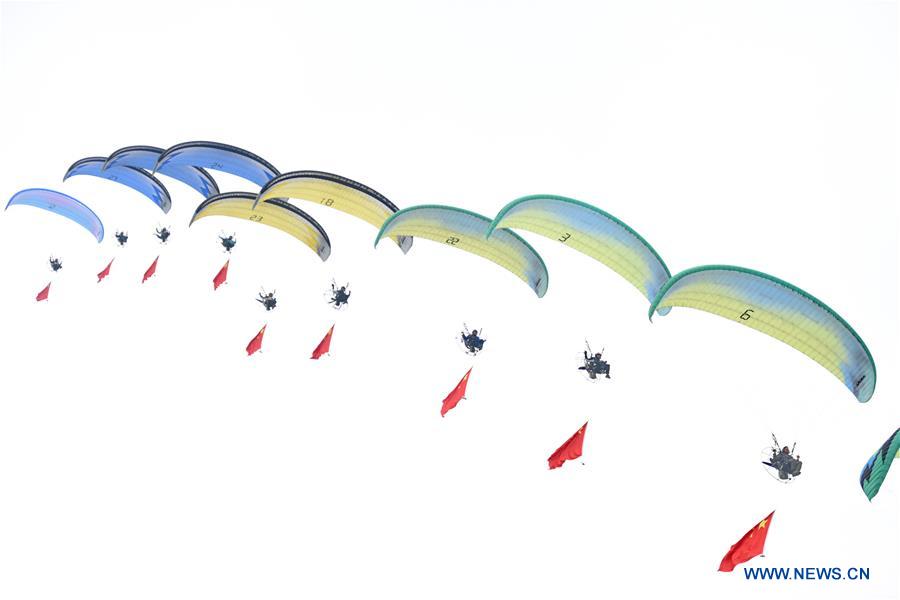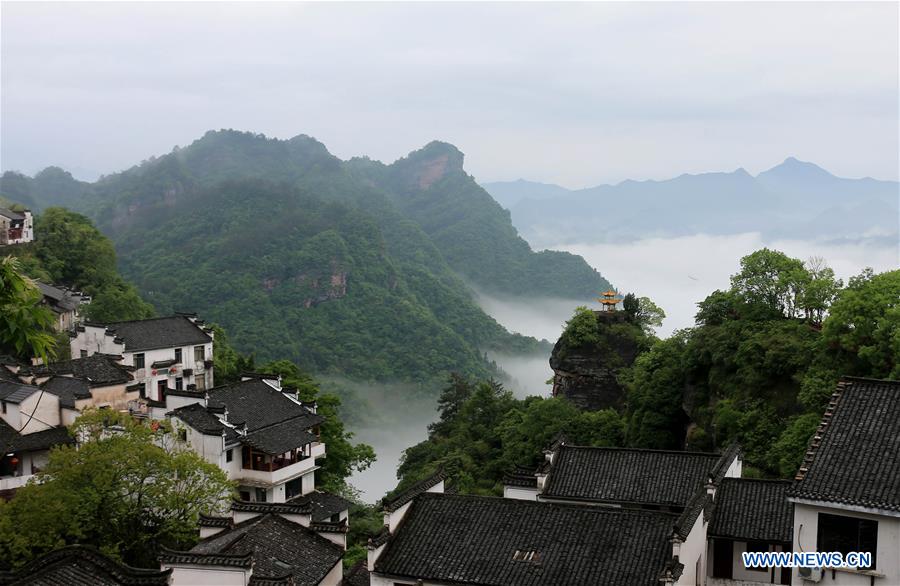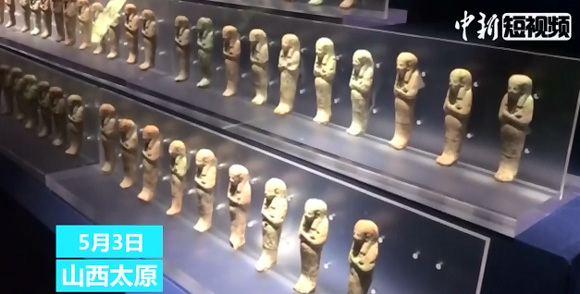Once rising stars in China's push for new-energy vehicles (NEVs), domestic carmakers have been facing tough times, particularly electric bus manufacturers, as the Chinese government rolls back heavy subsidies and competition intensifies.
Several Chinese makers of NEVs, including BYD Auto Co and Zhongtong Bus Holding Co, recorded lower first-quarter profits, signaling their struggle to come up with sustainable strategies to stand alone as subsidies are phased out.
BYD said net profit fell 83 percent year-on-year to about 102.43 million yuan ($16.13 million), despite a 17.5 percent increase in revenue. The figures were contained in company filings with the Hong Kong Stock Exchange on April 27.
"Under the influence of the reduction in subsidies, the overall profits of new-energy vehicle businesses, including electric buses and new-energy passenger vehicles, decreased significantly on a year-on-year basis," BYD said in the filing.
BYD's shares in Hong Kong have reacted to the figures, closing down 2.87 percent at HK$52.45 on Thursday. Year-to-date, BYD's shares have fallen about 11 percent, a stark contrast to its performance in recent years when the company was considered a rising star and attracted global investors, including Warren Buffett.
Zhongtong Bus, which is a leading manufacturer of electric buses, said first-quarter net profit plummeted 97.3 percent year-on-year to about 1.2 million yuan, according to a filing to the Shenzhen Stock Exchange on Saturday. Revenue slid 1.37 percent to 863.85 million yuan. On Thursday, Zhongtong Bus' shares in Shenzhen eased 0.34 percent to HK$8.75.
The first-quarter figures showed that Zhongtong Bus' growth surge, which began in 2010, has ended, according to domestic news website jiemian.com on April 26. The company cited subsidy cuts as a major reason behind the poor performance.
Anhui Ankai Automobile Co, another electric bus maker, said its first-quarter loss widened to 81.98 million yuan from 23.26 million yuan a year earlier, according to a filing with the Shenzhen bourse on April 24. Revenue fell 34 percent year-on-year.
Both Zhongtong and Ankai projected losses or "major changes" in the first half, on a year-on-year basis.
While China's NEV sector continues to grow, subsidies are being phased out, a major blow to makers of NEVs, especially buses, which rely heavily on government subsidies.
The report on jiemian.com estimated that after policy changes at the end of 2016, subsidies for electric buses of more than 8 meters long may have fallen as much as 200,000 yuan per bus. But the report did not disclose the amount of subsidies it receives previously.









